A lot has happened the last month or so. The SCAA has been extremely busy monitoring legislative movements, contacting decision makers, and crafting recommendations. Here’s a status report, we’ll try to keep to keep it concise:
Local Level
> COVID Relief Funding
While the SCAA does not necessarily work a lot in the local arena, we have been monitoring how COVID relief funding has been flowing through the levels of government. Arts groups interested in funding should watch their County governments for information on CARES funding (e.g. Greenville launched a grant program). Additionally, we expect some funds to flow to local municipalities from the State, and also in future federal legislation – especially through Community Development Block Grants.
Be aware that if you received federal funding directly (PPP, EIDL, or maybe even NEA funds), you may be ineligible for local relief at first, or not until those who did not receive such funding have been able to apply.
State Level
> COVID Relief Funding
At the end of June, the Legislature approved the spending plan for roughly $1.9 billion of CARES funding it received. The Legislature restricted those funds per federal guidelines, but also to help make passage happen quickly. It was signed by the Governor on June 25 Only six state agencies received funding from the state’s CARES funding allocation and funding was directed at the following:
- Replenishing Unemployment Trust Fund
- Education needs
- Broadband access
- Purchase of PPE
- Hospital Relief
- Local Government
Read the full funding bill here >>
> Reopening
Essentially the only major sector still closed by Executive Order in South Carolina are arts-related performance venues. While some groups may be finding ways around restrictions to provide some level of programming, digital or otherwise, almost all “regular” artistic production / presentation has stopped. Museums are one of the exceptions, but even their operations have been hindered greatly.
However, there is some good news as it relates to the guidelines for reopening arts centers. First, the SCAA released its Reopening Guide a couple of weeks ago – you can download it here. Secondly, soon after the SCAA released its guidelines, AccelerateSC released guidelines for Festivals & Special Events. These official state guidelines include references and links to the SCAA’s guidelines.
It is important to note that, even if/when restrictions are lifted by the Governor, reopening will ultimately be a decision up to organizational leadership. No guidelines mandate operations, and there are no certifications for reopening. The SCAA’s only guidance in this area is to review all reopening guides, along with CDC and DHEC recommendations, consult with your staff and board members, and assess how well you can implement any recommendations – it is ultimately your decision to make. Your ability to implement recommendations could determine your liability exposure if anyone were to contract COVID – see the next item for detail.
> COVID Liability
You can’t talk about reopening without also talking about liability. This is one of the top concerns of all businesses in the state. Currently, the Legislature has a bill filed in the SC House that would address this. While this bill could see action this Summer/Fall (by end of September), it may not get anywhere until the Legislature returns in January. It’s telling that only the House has filed a bill so far – usually for items like this both House and Senate file the same bill to help expedite the process.
Current proposed legislation gives the upper hand to entities who make an attempt to follow “Public Health Guidance”. Entities who either make no attempt, or act maliciously, could find themselves liable if a COVID case can be traced back to that entity. This legislation highlights the importance to, as stated previously, seriously weigh how your organization can implement recommendations made by AccelerateSC, DHEC, and the CDC.*
*this is not a legal interpretation and should not be misconstrued as legal advice.
> Arts Education
The AccelerateED task force has completed its recommendations for the summer and fall operations of schools. The arts are included in their final recommendations.
Please read our previous post for more information >>
> Arts Funding
The Legislature passed a Continuing Resolution (CR) that funds the State through the end of September. All arts funding in the budget will remain the same as last year until September when the Legislature returns for two weeks of special called sessions to address the budget and COVID-related legislation. At that time, arts funding could be adjusted, or remain flat. Stay tuned for advocacy work around this issue as it gets closer to time.
Federal Movement
> Nonprofit Unemployment Reimbursement Issues
Under the CARES Act, many employees at smaller nonprofits and businesses were made eligible for unemployment benefits at the state and federal level. Those smaller nonprofits, which do not pay into unemployment at the state level regularly, are responsible for 50% of the total state amounts paid out under the CARES Act, with the other 50% being reimbursed to the entity. However, the Department of Labor interpreted that section of the CARES Act in a way that front-loads the burden to the nonprofit, making them first pay 100% of the unemployment share then getting their reimbursement of 50%. As one can imagine, this could severely impact an organization’s ability to operate.
In a bill filed by, among others, SC Senator Tim Scott, Congress is looking to provide legislative action to reverse the Department of Labor’s interpretation by providing the 50% reimbursement up front and then billing the nonprofit for their share, creating a more positive cash flow for the nonprofit.
Other


